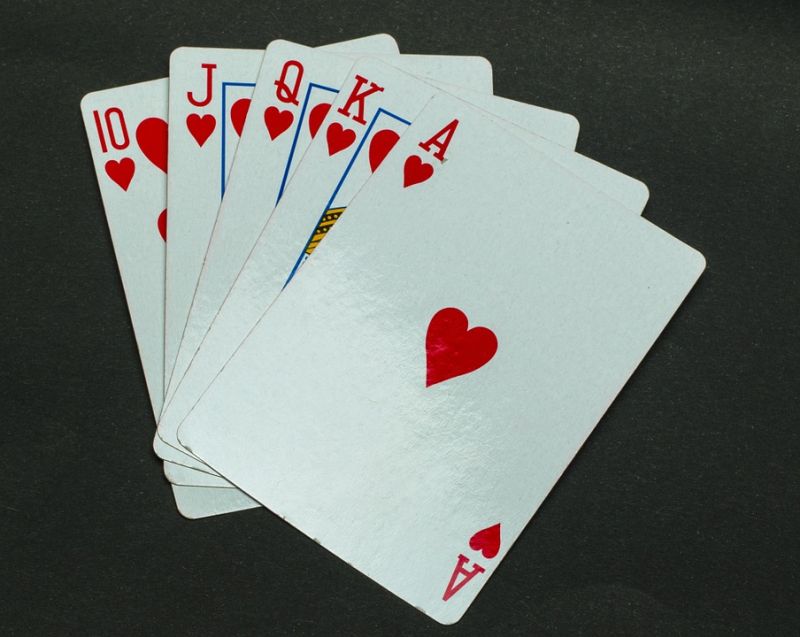14 Aug
The world of poker can be enticing, but when you’re starting out, you’ll need to get to grips with the rules and how you should react in different situations. The rule of thumb is that 10,000 hours are required to master any craft. Whether that is true is up for debate, but the basic premise that “practice makes perfect” is. And poker is no different. You won’t start as a professional, but time and patience can help you develop your tactics and techniques.
Here is a breakdown of some of the fundamentals required to understand the game of poker.
The Types of Games
Like all things in life, poker has rules that differ across the variations of the game, which change the character of play quite a bit. For example, Omaha and Texas Hold ‘em are community games, with all the players sharing part of the hand while each player is dealt a hand in Draw poker games.
Below is a handy list of the types of games and their differentiating qualities.
| Game | Description |
| Omaha | Omaha Hold ‘em, or Omaha for short, is a game that is similar to the more famous Texas Hold’em. Each player is dealt four cards, with an additional five community cards being dealt. Players must use two of their cards and three of the community cards to make their hand. |
| Seven Card Stud | Before Texas Hold ‘em became the favorite, Seven Card Stud was the hottest game among poker players. In Seven Card Stud, players are dealt three cards, two facedown and one faceup. The player with the lowest faceup card pays the bring in. Additional cards are dealt in rounds until each remaining player has seven cards, and the players must then make the best five-card hand from their seven. |
| Razz | While not as commonly played as the other variants here, Razz is still widespread. Unlike most versions of poker, the aim in Razz is to have the lowest value hand. Outside of this, it has a similar set of rules to 7 Card Stud. |
| Five Card Draw | Five card draw is widely considered the simplest version of poker, and is, therefore, often the game first played by beginners. Despite this simplicity, it is not one of the most popular forms of poker, with most players choosing Seven Card Stud or Texas Hold ‘em. |
| Texas Hold ‘em | Likely the most popular variant of poker, Texas Hold ‘em is arguably one of the simpler forms of the game and relatively easy to learn the basics. In Texas Hold ‘em, two cards (the hole cards) are dealt to each player, with five community cards dealt faceup. |
The Buy-In
The “buy-in” is the upfront payment that is required to enter a poker tournament; its size will vary depending on how and where you are playing. The size of the buy-in generally dictates the size of the prize money, with a small chunk (usually called the rake) going to the house for organizing and hosting the tournament.

The Top Five Poker Hands
A “hand” is the term given to the set of cards that you have. In most versions of poker, the highest scoring hand is the Royal Flush, which is a combination of cards from the same suit that contains an ace, a king, queen, jack and 10.
The next highest-ranking hand is the Straight Flush, which is five cards all from the same suit in sequential order. For example, a five, six, seven, eight and nine of spades.
A Four of a Kind is the third highest-ranking hand, containing all four of the same number or face cards. For example, all four kings with an additional card would make up a Four of a Kind.
Number four in the rankings is the Full House, a hand that comprises of three of the same as well as a pair of the same cards. For example, three queens and two kings would constitute a Full House.
The fifth highest-ranking hand is the Straight. In this hand, a player will have five sequential cards, similar to a Straight Flush, except they can be made from any suit. Meaning you can be holding cards five through nine, with any combination of club, spade, and diamond.